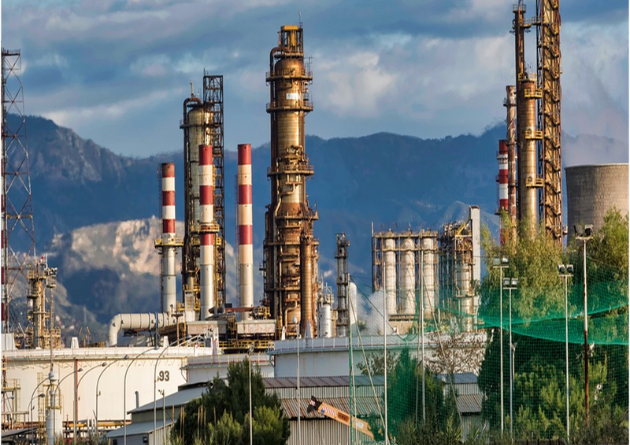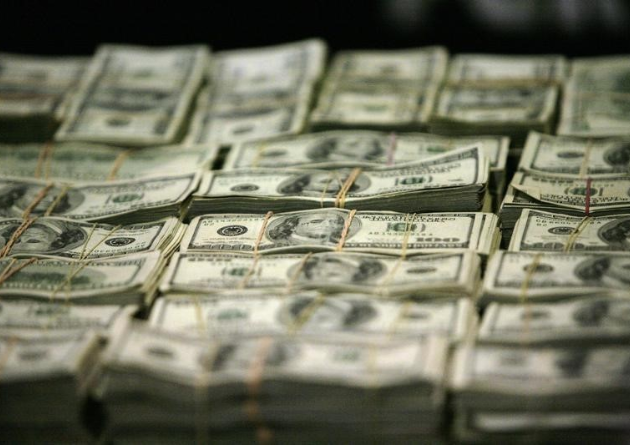OPEC+ Supply Seems Significantly Impacting the Global Oil Market

- rabeelrana
Oil prices fell on Monday with the prospect of geopolitical risks in the Middle East and another increase in August, improving the expectations of the proposal against the context of constant uncertainty regarding the global demand outlook. Last week, the two tests published their biggest weekly decline since March 2023, but in June its second monthly profit rose by over 5%. The 12-day war that began with the fact that Israel was aiming for Iran’s nuclear equipment on June 13th raised Brent prices, exceeding $80 per barrel, after the US bombed Iran’s nuclear facilities and President Donald Trump announced an Israeli ceasefire.
With further weighting in the market, four OPEC+ representatives, including allies of the organization of oil exporters, said the group was supposed to increase production of 411,000 barrels per day in August after similarly magnitude developments in May, June and July. OPEC+ will be held on July 6th, marking the fifth increase per month since the group began to promote production cuts in April. Nevertheless, bear pressure will likely remain on the side of global oil demand, particularly concerns about China.
China’s factory activities signed a contract for the third consecutive month in June. This is because low internal fluctuations in internal demand and exports weighed manufacturers in the context of US uncertainty. In the US, the number of work, an indicator for future versions, fell from 6 to 432 last week. This is the lowest level since October 2021, said Baker Hughes (NASDAQ: BKR).
Share this post
Dollar Firms as Geopolitical Tensions Rise

- rabeelrana
The U.S. dollar edged higher on Monday as investors sought safety amid rising geopolitical tensions in the Middle East. However, the relatively restrained moves across currency markets suggest traders are in a holding pattern, awaiting Iran’s response to recent U.S. airstrikes on its nuclear facilities.
The most notable reaction was seen in the oil market, where crude prices surged to a five-month high following the strikes and comments from U.S. President Donald Trump, who hinted at the possibility of regime change in Iran. Meanwhile, global equity markets retreated as the conflict introduced renewed uncertainty for investors.
In foreign exchange markets, the euro slipped 0.33% to $1.1484, whiles the Australian dollar — often viewed as a proxy for global risk sentiment — dropped 0.67% to a one-month low of $0.6408. The dollar index, which measures the greenback against a basket of six major currencies, rose 0.12% to 99.037. Sterling also weakened, down 0.26% at $1.3416, while the New Zealand dollar fell 0.68% to $0.5926.
The U.S. dollar also gained against the Japanese yen, climbing 0.52% to 146.81 after touching a one-month high earlier in the session. The move put pressure on other Asian currencies, including the Indonesian rupiah, Malaysian ringgit, and Philippine peso.
Strategists at Bank of America noted that the USD/JPY pair could climb further if oil prices remain elevated, citing Japan’s heavy reliance on Middle Eastern energy imports, which account for over 90% of its petroleum needs. In contrast, the U.S. is largely energy self-sufficient. “USD/JPY offers a potential hedge against further geopolitical escalation, with the added benefit of positive carry,” the bank said.
Iran responded to the U.S. strikes by vowing to defend itself. The strikes, involving 30,000-pound bunker-buster bombs, targeted the mountainous region above the Fordow nuclear facility. In the U.S., the attacks sparked anti-war protests, even as government officials urged Iran to avoid further escalation.
In a potentially disruptive move, Iran’s parliament approved a proposal to close the Strait of Hormuz — a critical chokepoint for global oil flows, where nearly 25% of the world’s crude shipments pass through narrow waters shared with Oman and the UAE.
Despite the heightened tensions, markets appear to be treating the U.S. strikes as a contained event rather than the onset of a broader regional conflict. Although the dollar has regained some of its safe-haven appeal amid the geopolitical uncertainty, its modest gains reflect investor caution. Market participants appear hesitant to fully commit to the greenback until the situation becomes clearer.
